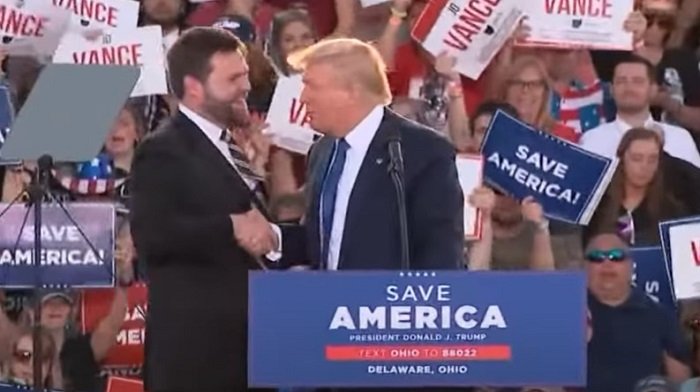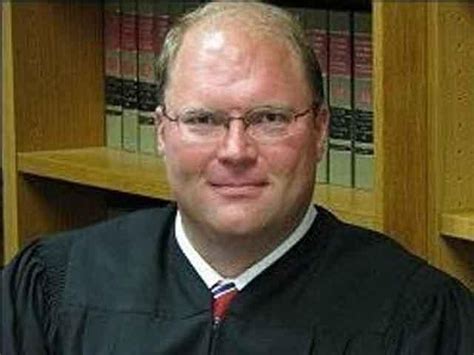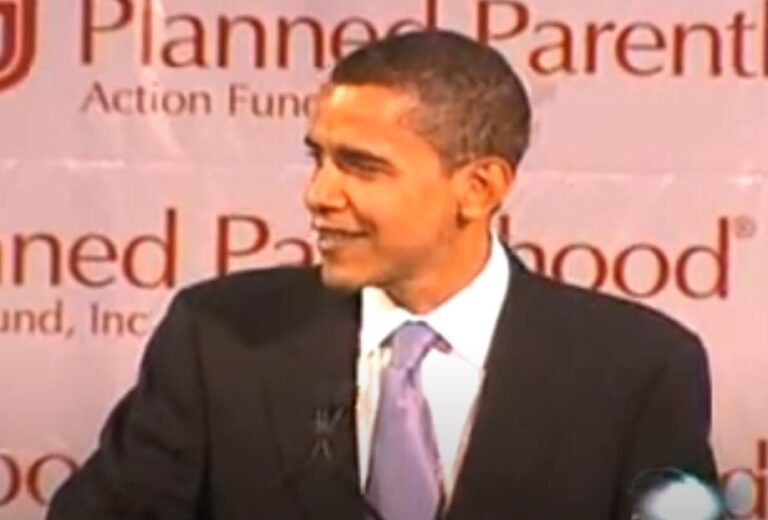Democrats Seek To Stifle Political Speech, SCOTUS Be Damned
By Bill Pascoe for RealClearPolicy
Senate Democrats don’t like free speech, and they’re working to curtail it. What else to conclude from their decision to include in S. 2747 — the latest rewrite of their 800-plus-page “election reform” bill — Sen. Sheldon Whitehouse’s “DISCLOSE Act”?
The aim of this multiple-Supreme-Court-precedent-ignoring donor disclosure measure is to shut down political speech opposed by the Rhode Island senator.
What exactly is the DISCLOSE Act? The bill’s full title is the “Democracy Is Strengthened by Casting Light On Spending in Elections Act.” (Yes, the untruths in this legislation begin with its very name.) The bill would require certain charitable organizations to disclose their top donors’ information when they make expenditures on non-campaign-related political speech that mentions a candidate for federal office.
RELATED: A Republic, But Only If You Can Keep It
This is a reversal of current practice. If, for example, a television ad urges viewers to call their member of Congress to urge him to support particular legislation, donors do not presently have to disclose their personal information.
Whitehouse has introduced a version of the bill in every Congress since 2012, and he was happy to have it included as a separate title in S. 1, the Democrats’ original omnibus “election reform” bill.
Whitehouse revealed his real purpose in a public Facebook Live chat back in the spring: “What the bill would do is require anybody who’s spending more than $10,000 … to declare that it’s them. … My guess is that more than two-thirds of the big money just goes away.”
Read that last line again: “More than two-thirds of the big money just goes away.” In the Whitehouse scheme, disclosure of the funding source isn’t the end in itself, it’s merely the means to a larger, and more insidious, end — to simply shut down political speech he opposes by starving it of funding.
Support Conservative Voices!
Sign up to receive the latest political news, insight, and commentary delivered directly to your inbox.
This, of course, is counter to what our Founding Fathers fought for. They regularly engaged in anonymous political speech, and they were quite adept at it. See, for example, Thomas Paine’s “Common Sense,” or the essays later collected as The Federalist Papers, originally published anonymously by John Jay, Alexander Hamilton, and James Madison.
The whole notion of protecting donor and membership information from forced publication has a long history in Supreme Court jurisprudence, too.
The most famous ruling, of course, is the majority opinion in the 1958 NAACP v. Alabama lawsuit, in which the court ruled unanimously that the state of Alabama had no authority to require the state chapter of the NAACP to turn over its membership lists. That, the court ruled, was an unconstitutional infringement of the organization’s members’ First and Fourteenth Amendment rights.
RELATED: Progressive Democrat Sen. Sheldon Whitehouse Defends Membership In ‘All-White’ Social Club
So it was bad enough that Whitehouse proposed his legislation in the first place. Any competent law student could have told him his proposed law would run into trouble with Supreme Court precedent.
But then the Supreme Court issued a new ruling just a few months ago, in the case of Americans for Prosperity v. Bonta, and any hope that Whitehouse’s proposed legislation would survive future Supreme Court scrutiny went right out the window.
What did the Supreme Court rule in AFP v. Bonta, and what is its relationship to the DISCLOSE Act?
In a case which sounds remarkably similar to NAACP v. Alabama, at issue was whether or not it was constitutional for the state of California to require that charities hand over to state authorities the personal information of the charities’ top donors. If you had read the plaintiff’s and defendant’s briefs and substituted “NAACP” for “Americans for Prosperity,” and “Alabama” for “Bonta,” you would be forgiven for confusing the two cases.
In a 6-3 decision, the Supreme Court majority ruled that the state of California had no legal authority to require that charities report to the state the personal information of their high-dollar donors. For those who support the concept of donor privacy — and for those who oppose it — it was game, set, and match.
Despite this clear smackdown of those who want to shut down political speech by forcing donor disclosure, Senate Democrats made the decision to ignore the ruling and continue including the DISCLOSE Act in their “election reform” bill when they introduced a revised, updated version a few weeks ago.
That decision proves that not only do they want to shut down speech they oppose, but they are really, really determined to do it, Supreme Court rulings be damned.
RELATED: Hillary Clinton Says America In ‘Constitutional Crisis,’ Wants To End The Filibuster
There was a time when liberal Democrats in the U.S. Senate welcomed and defended political speech of all kinds, whether it was for or against them. The late Sen. Hubert Humphrey, for example, once declared that, “Freedom is hammered out on the anvil of discussion, dissent, and debate.”
Were he alive today, Humphrey would be ashamed to see what’s become of his successors.
Bill Pascoe, a political consultant, has been working to defend and extend individual liberty for more than 40 years.
Syndicated with permission from RealClearPolitics.
The opinions expressed by contributors and/or content partners are their own and do not necessarily reflect the views of The Political Insider.






